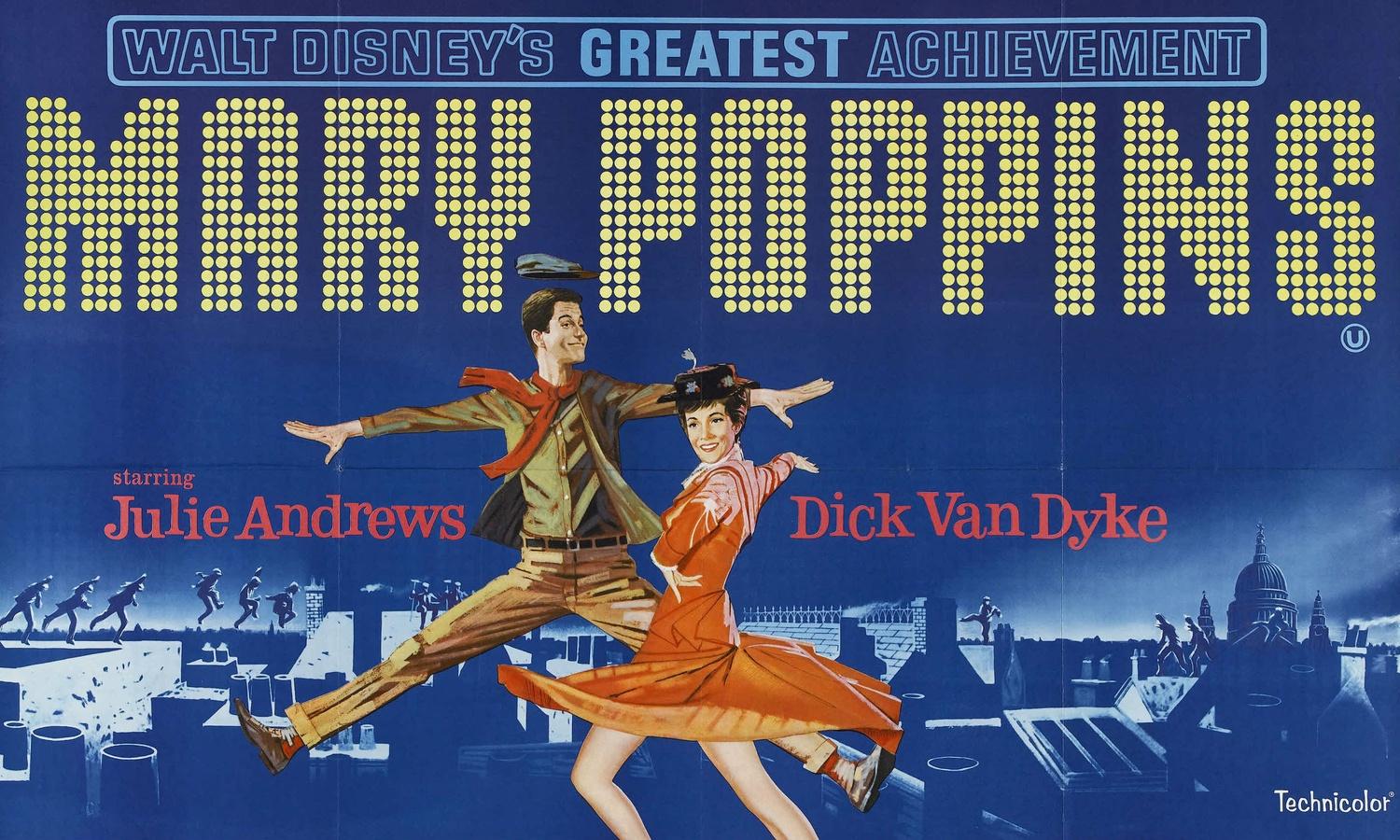Julie Andrews and Dick Van Dyke
stepped in time 50 years ago this week
. Mary Poppins isthe queen of Disney live action musicals, and the grown-up issues at the heart of this children’s classic are as timely as ever.
In “Sister Suffragette,” an ode to “soldiers in petticoats,” Mrs. Banks marches for her house staff, calling for militant action and political equality. Set in Edwardian London at the height of the campaign, the film was released just one year before the Voting Rights Act was passed in the United States. Unfortunately, the Supreme Court struck down most of the legislation last summer, showing us that sometimes “well begun is half-done.”
“The Life I Lead” highlights gender roles and double standards that continue to run amok. In Mr. Banks’ time, a woman could take up causesoutside the home,but her primary function was to run that home precisely on her husband’s schedule. Meantime, a man’s “servants, children, wife” (his “subjects,” Banks calls them) are governed “with a firm but gentle hand.” Yet Mary Poppins never takes to this brand of, um, leadership. She shows wit and backbone, which makes for good comedy, while demonstrating feminism in action. When Banks demands she explain why the children have been gallivanting with chimney sweeps, she doesn’t bat an eyelash: “I never explain anything.”
“Women’s lib” was just beginning to make a dent in the culture in the early Sixties, but Mary Poppins was boffo, the second highest grossing film of 1964. It’s probably not a coincidence that the film enjoyed a successful theatrical re-release in 1973, in the midst of the second-wave feminist movement.
Mary Poppins overturns not just Mr. Banks’s authority, but his ideals: it’s her imagination vs. his unwavering practicality. When Banks insists the children are spending too much time at play, she suggests he bring them to the office. What follows is a scene that terrified me as a five-year-old: a gaggle of greedy old menlecture the children, then take their money. Instead of donating to the local bird lady, they argue, the kids should “purchase first and second trust deeds. Think of the foreclosures! … You’ll achieve that sense of conquest as your affluence expands.” In the end, Banks learns that’s a hollow promise. Foreclosures, indeed.
Mary Poppins, her work accomplished, flew away on the west wind, leaving a restored Banks to tend to his own family. Today, the exit of this nanny extraordinaire might look a little different:
